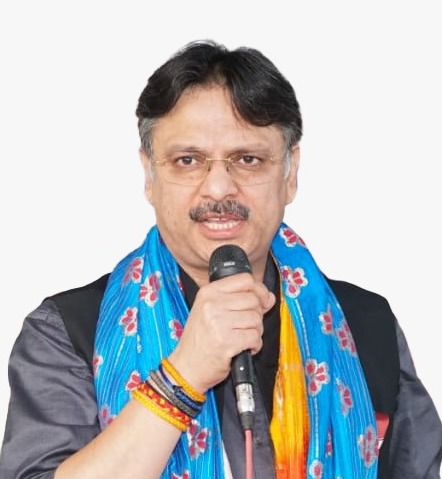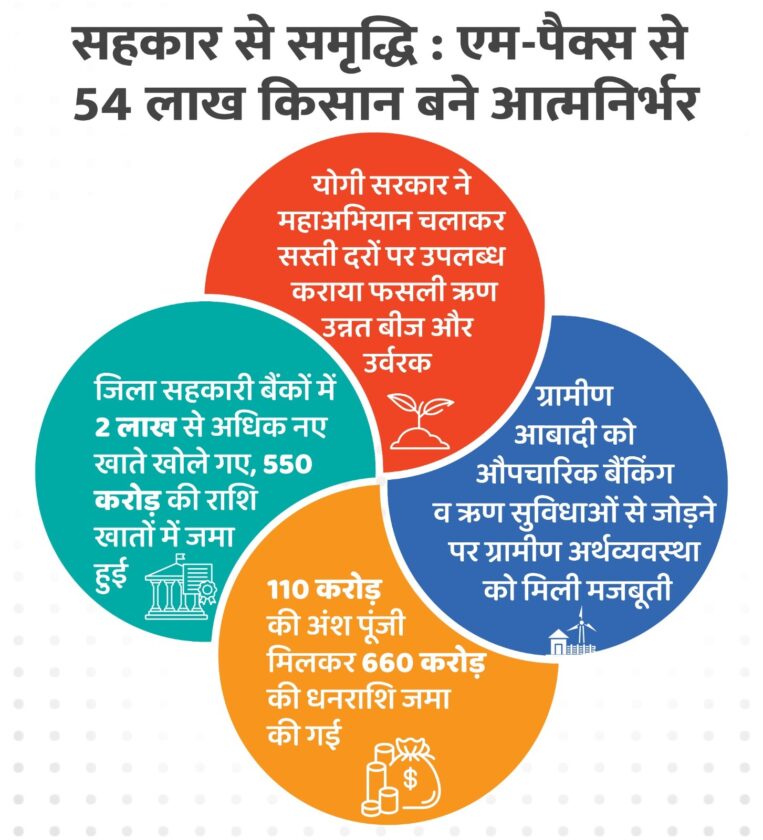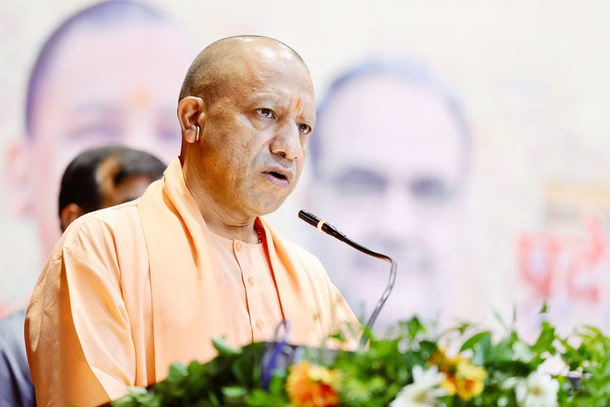Lucknow: In view of the rapidly deteriorating air quality across Delhi-NCR and its alarming impact on children’s health, Sarojini Nagar MLA Dr. Rajeshwar Singh has written a detailed letter to Chief Minister Yogi Adityanath, urging the State Government to immediately introduce a “Clean-Air Educational Continuity Policy” for all NCR-linked districts of Uttar Pradesh.
As highlighted in the letter, the AQI levels across Delhi and adjoining UP districts have once again breached the ‘Severe’ category. A CNN report dated 23 November 2025 shows Delhi’s AQI crossing 450, while Noida, Ghaziabad, Meerut, Hapur, Bulandshahr, Baghpat, and Shamli continue to record alarming levels between 300–400, several times above the safe limit of 100.
Dr. Singh stated that scientific studies clearly establish that toxic air not only reduces life expectancy by up to 10 years but also severely damages the lungs and cognitive development of children. “Sending children to school in such poisonous air is like pushing them into a slow death. They should not be punished for environmental mistakes committed by previous or present generations,” he wrote.
Key Demands Made by Dr. Rajeshwar Singh:
Dr. Singh urged the State Government to adopt an urgent, technology-driven solution to protect school-going children.

His major recommendations include:
1. Immediate implementation of online classes whenever the AQI of any district crosses the 300+ (Severe) mark.
2. Creation of a district-wise AQI monitoring dashboard to automatically trigger advisories for closing schools or shifting to online mode.
3. Ensuring seamless digital education using the state education department’s existing e-learning platforms.
4. Strong coordination between the Education, Health, Environment and IT Departments to activate the policy before the peak smog months of December–January.
5. Issuing urgent instructions to DMs of Noida, Ghaziabad, Meerut, Bulandshahr, Baghpat, Hapur, Shamli and all NCR districts to enforce this framework without delay.
Need for Accountability
Expressing concern over administrative indifference, Dr. Singh Ji questioned why—despite the crisis recurring every year—no structural policy has been institutionalized so far.
“When air pollution endangers thousands of lives annually, why do files move slowly and decisions remain buried? The time has come to fix accountability and ensure that no child is exposed to toxic air due to official negligence,” he noted.
A Vision for Climate-Responsive Governance
Calling this policy essential for both health protection and learning continuity, Dr. Rajeshwar Singh emphasized that Uttar Pradesh has the opportunity to become a national leader in climate-responsive governance.
He reiterated that citizens expect a sensitive, proactive administration—one that makes timely decisions to safeguard the future of children.









